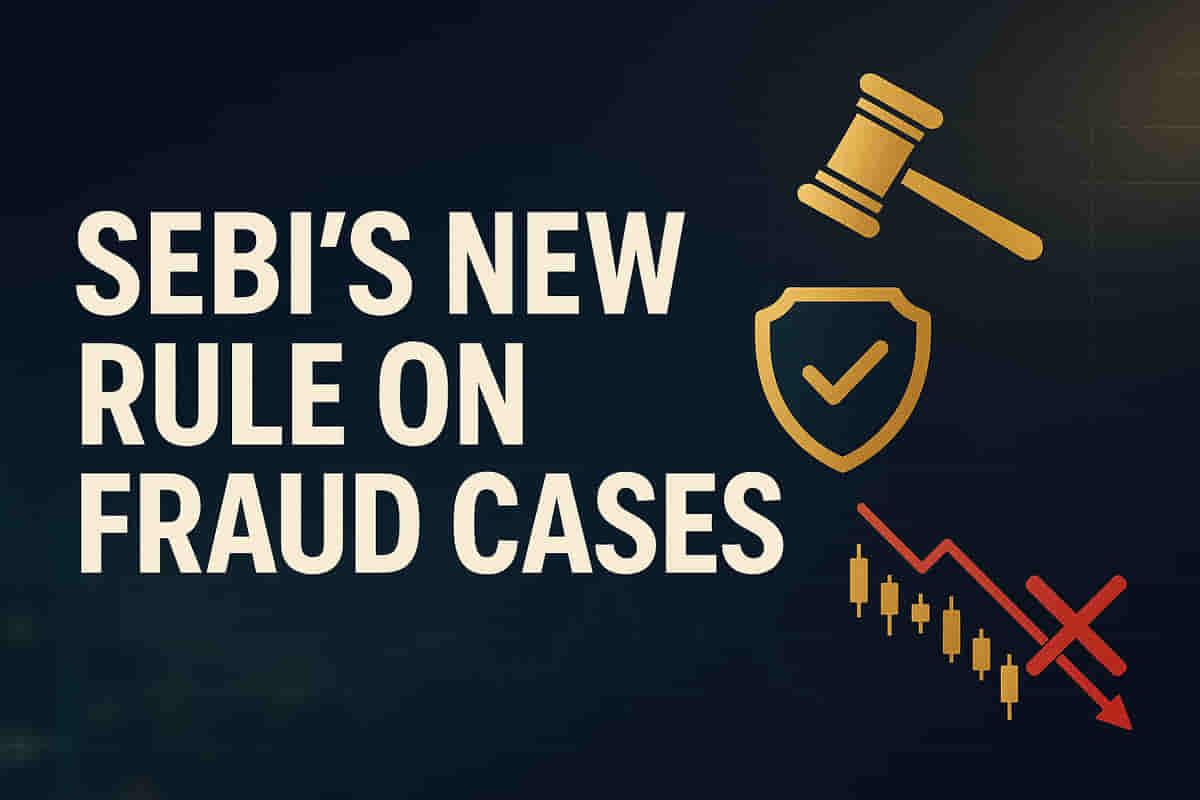Sebi Penalizes 13 Entities in Front-Running Case, Testing Liability Rules After Masterminds Settle
SEBI/Exchange
|
30th October 2025, 9:35 AM

▶
Short Description :
Detailed Coverage :
Sebi has imposed penalties on 13 entities for their role in a front-running scheme that allegedly generated over ₹2 crore in illegal profits. This case is significant because the primary accused, Kuntal Goel (the tipper), Jitendra Kewalramani (the front-runner), and Samir Kothari (an intermediary), settled with Sebi in December 2024 without admitting any wrongdoing. As part of their settlement, they paid fines, returned illegal profits with interest, and received a six-month ban from the securities market.
The order on October 24, 2024, by Sebi's chief general manager Santosh Shukla, reinforced the regulator's stance that a settlement by one party does not break the chain of liability for others involved in a coordinated fraud. Sebi argued that liability under its Prohibition of Fraudulent and Unfair Trade Practices (PFUTP) Regulations is individual and conduct-based. This position is supported by legal experts who state that liability is not dependent on a finding against a principal insider if concerted behaviour can be proven.
However, legal experts also highlight a risk of "guilt by association" for the remaining accused. The regulator's power to make 'necessary observations' about settled parties, without those parties being cross-examined, can create prejudice. The 13 entities that did not settle face bans of up to three years and have grounds to appeal. Their main arguments will likely focus on procedural fairness, challenging Sebi’s evidence and the violation of natural justice principles, especially since they cannot effectively rebut the characterization of the settled parties' roles, which forms the basis of the case against them. The appellate tribunal's decision will be closely watched for setting a precedent in adjudicating multi-party fraud cases.
Impact: This ruling clarifies Sebi's approach to complex fraud cases involving settlements, aiming to uphold market integrity. It impacts how liability is assessed and how future cases with partial settlements will be handled, potentially increasing scrutiny on all participants in alleged fraudulent schemes. Rating: 7/10
Heading: Difficult Terms Front-running: Trading securities on the basis of advance non-public information about upcoming orders, typically executed by an intermediary or broker before the client's large order is placed. Settlement: An agreement between parties in a dispute to resolve the matter without admission of guilt, often involving payment of fines or other penalties. Tipper: An individual who provides confidential, non-public information about intended trades. Front-runner: An individual or entity that uses the non-public information received from a tipper to execute trades ahead of anticipated large orders. Intermediary: A person or entity that facilitates communication or transactions between two or more parties. Quasi-judicial authority: An entity that exercises powers and functions of a court or judge, though it is not a formal court of law. Prohibition of Fraudulent and Unfair Trade Practices (PFUTP) Regulations: Rules established by Sebi to prevent and penalize manipulative, deceptive, or fraudulent activities in the Indian securities market. Securities Appellate Tribunal (SAT): An independent body that hears appeals against orders passed by Sebi and other market regulators. Principles of natural justice: Fundamental rules of legal proceedings that ensure fairness, such as the right to be heard and the right to a fair trial. Guilt by association: A situation where a person is considered guilty or implicated in a crime or wrongdoing simply because they are associated with someone who is guilty, rather than through direct evidence of their own involvement.